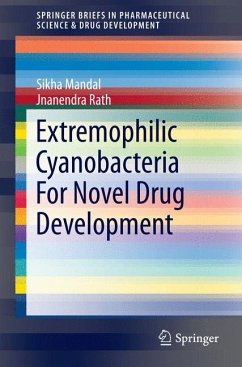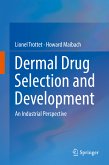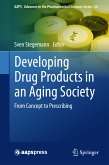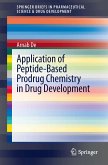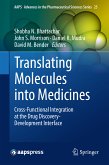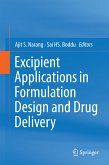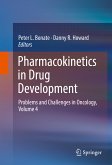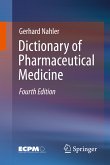This volume presents recent developments in the novel drug development and potential of extremophilic cyanobacteria. It discusses how these tiny organism originated, produce oxygen that leads to evolution of life on the earth, how their survival strategies in extreme climatic conditions lead to diverse metabolic pathways, and the opportunity to use them to develop novel drugs. The book is comprised of five chapters, starting with the origin of cyanobacteria, their survival strategies under extreme conditions, and their capabilities to change metabolic activities.The second chapter explores the different metabolic pathways found in cyanobacteria and examines advances in this field and recent techniques like MALDI-TOF imaging and metagenomics tools as well as in silico techniques for rapid screening of secondary metabolites. Further chapters cover the glycomics of cyanobacteria, anticancer drug development, and some issues and challenges of using cyanobacteria to develop drugs.
Extremophilic Cyanobacteria For Novel Drug Development provides insight into future perspectives in drug development and is a key resource for students, researchers and professionals in pharmacy, medicinal chemistry, pharmacognosy biotechnology, biology, and academics.
Dieser Download kann aus rechtlichen Gründen nur mit Rechnungsadresse in A, B, BG, CY, CZ, D, DK, EW, E, FIN, F, GR, HR, H, IRL, I, LT, L, LR, M, NL, PL, P, R, S, SLO, SK ausgeliefert werden.

